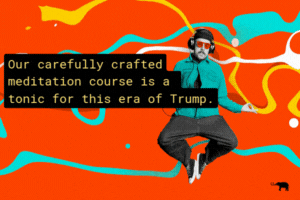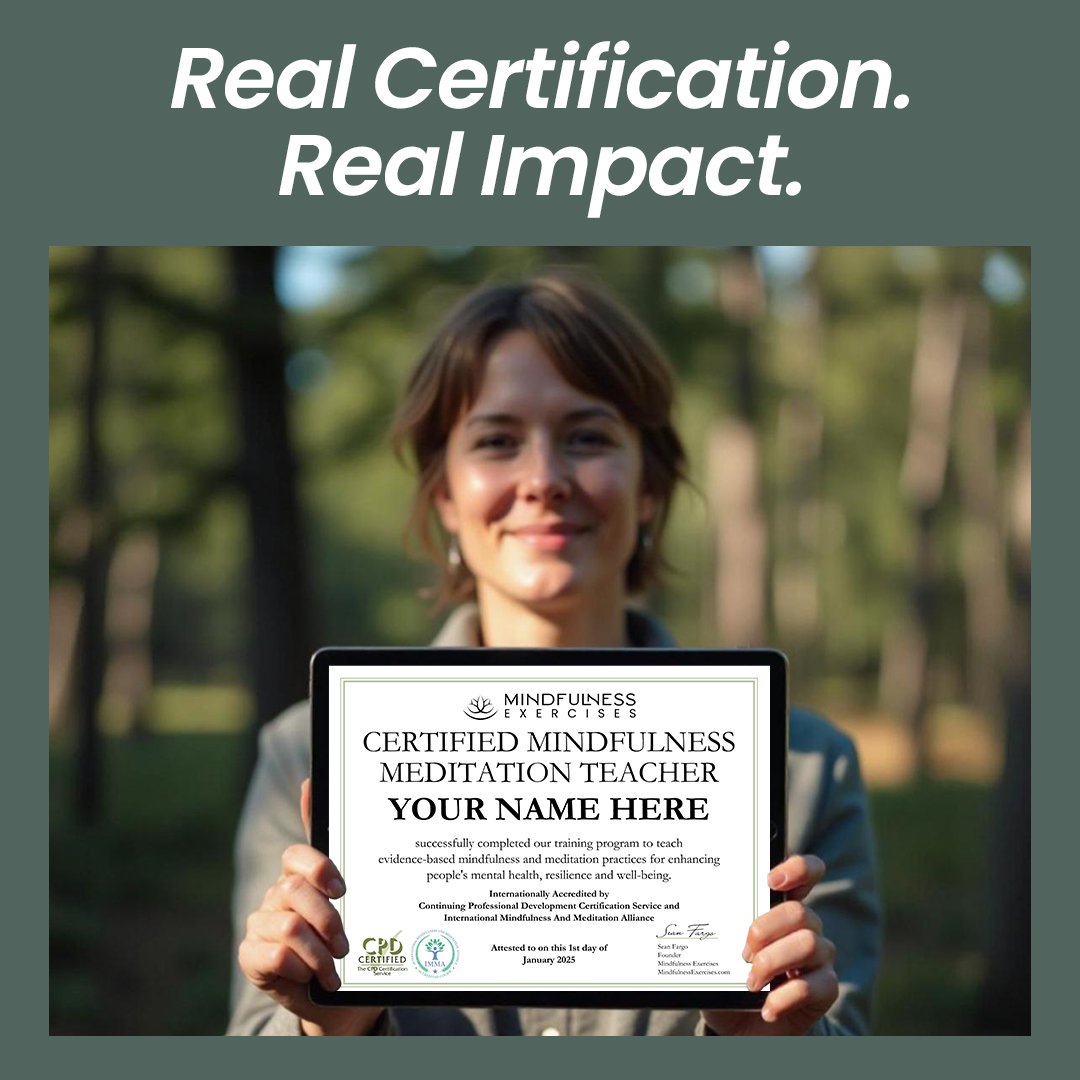View this post on Instagram
My mission is to help people lead more fulfilling lives.
It’s what I call “Living our Jam.”
I’ve been doing this work long enough to see the paradox in seeking fulfillment. The idea is that fulfillment is something to attain, a destination, something we can enter into google maps if create the right action plan and script the right moves.
The paradox is this: how can something so inherently intrinsic as fulfillment be found outside of us?
I’ve recently moved to a new country. I’ve taken the change as an opportunity to slow down while we transition our boys. The time has allowed me to re-commit myself to some of the tools and resources that have always been helpful (but hard to sustain) in my spiritual and personal growth.
Jam isn’t linear.
In my coaching practice, the client creates goals and I support the client in achieving their goals. Goal setting can be a linear process, but as with most things in life, the circuitous journey (whatever we discover about ourselves along the way) is equally, if not more, valuable.
The notion that there is a linear process for leading a fulfilling life is misleading. And most importantly, it places our attention in the wrong direction. As I stated, Jam isn’t something outside of ourselves that we have to go searching for, and even if we reach it, we don’t get a golden ticket to sustainment. This can only mean one thing.
Drum roll…
We can only live a fulfilled life by consciously choosing the present moment.
I think we have all heard this before.
But, why is it so difficult to live in the present moment? You would think with all the advances in modern science, technology, and mental health we could find fulfillment! Yet, it’s gotten more elusive. According to the Anxiety and Depression Association of America, anxiety disorders are the most common mental illness in the United States, affecting around 40 million adults—almost one in five people. Let’s take a look at what’s getting in our way of Living our Jam.
Unfortunately, most of us don’t live in the present moment; we live in the future.
“Beware of Destination Addiction—A preoccupation with the idea that happiness is in the next place, the next job, and with the next partner. Until you give up the idea that happiness is somewhere else, it will never be where you are.” ~ Robert Holden, PhD.
It’s true we all think that wanting the next thing is the voice of our true self, but it’s not.
As Eckhart Tolle says, “The ego is lacking. It’s in a constant state of always wanting more.” We have all experienced the insatiable wanting of the ego. If we get that job, that car, that bonus, that vacation. If our child gets into that school or plays that sport. If that person thinks we are smart, or if we can prove how competent we are, then life will be…(outstanding, awesome, and perfect). That’s not living in the present. It’s a never-ending cycle of, “I don’t have something and when I do have that something, my life will be amazeballs!” (Something = material thing, relationship, job, prestige, legitimacy.)
Living in the future-thought cycle ensures one thing: we will never be content.
When we let the ego tell us what is important in our life, our life becomes driven by unexamined intentions and automatic reactions to the world. We get further and further away from ourselves. So far, in fact, we can’t even create what we want anymore—because we don’t really know what fulfills us.
Our ego may even mislead us about what our Jam is! Many have pursued a dream that wasn’t our own. We love our parents and family and often confuse their desires for our path. Or for some of us, our lack of fulfillment leads to a life where we become too involved and enmeshed in the pursuits of our children.
Our ego weaves and holds the story we tell ourselves about our lives, so it’s understandable that many of us have pursued a path that was not of our own making. When we quiet the ego, Jam can be found as we sense what authentically lights us up. And, as we stay in the present moment, we can truly feel what appeals to us and what does not without the critique of the ego.
Many of us live in the past.
Another preoccupation of the ego is to live in the past. Those of us who live in the past either relish or regret what was. We prefer our identity back then or we return to the past because we don’t like what the future holds. When we live in the past, our narrative is trapped in time and can be heard in our lack of acceptance and responsibility for our current situation.
“The past gives you an identity and the future holds the promise of salvation, of fulfillment in whatever form. Both are illusions.” ~ Eckhart Tolle
When we realize that lasting fulfillment isn’t “out there” or “back there” we are free to mindfully give our attention completely to what we are experiencing in the now.
Let’s look at another way we stay out of the present moment and away from our Jam…
Most of us push away “challenging” feelings.
We spend so much of our time actively avoiding pain or disappointment that we forfeit it now. Two ways we avoid challenging emotions are: 1) trivializing and, 2) moving into action.
For example, our neighbor gets a new car and remodels their home. We instantly feel mixed. We are happy for them but, we don’t like the ugly pangs of jealousy and inadequacy. So, we deny it! We make it “bad” rather than just is. Or perhaps we suppress the feeling and turn our minds to work on how we can afford to remodel our home!
Some of us make the mistake of equating painful feelings only to the “big things” like depression or the death of a loved one. We let go of many other feelings that are part of human existence. Feelings of not belonging, not being good enough, not being liked. These feelings can come through even in the most common of situations. That’s why social media can be so unhealthy. The images and popularity can leave us feeling woefully inadequate. It’s okay to have these feelings—the key is to stay in the present moment and become skilled at noticing them from a distance. It is in this objective stand that they can exist but not have such a hold on us.
Here’s what works.
Accepting our feelings and reactions to situations is healthy. We can then move into conscious action. For example, limiting our exposure to social media would be conscious action after noticing and sitting with the anxiety we might feel after we peruse sites. Or, noticing we have personality traits that we don’t like, but accepting them nonetheless. Doing this allows us to be more whole—to experience all of ourselves and not just compartments.
Our impulse is usually either to try to deny our pain, by suppression or self-medication or to get caught up in dwelling on it through rumination and worry, allowing it to take charge of our lives.
“How will you know the difficulties of being human, if you are always flying off to blue perfection? Where will you plant your grief seeds? We need the ground to scrape and hoe, not the sky of unspecified desire.” ~ Rumi
We are not our habitual thoughts and emotions
One of the most liberating and beautiful truths is that we are not that voice in our heads. When we give our thoughts and emotions too much power, they can overcome us. Through meditation and other mindfulness practices, we can train ourselves to look at our thoughts and emotions and not necessarily silence them, but distance ourselves. Game changer!
We can look at our emotions and thoughts objectively and do nothing but observe them. We can later decide how we want to think, feel, and react. And, even when our mind wanders, as it will in meditation, we can learn not to judge it. As Dr. Herbert Benson, founder of the Mind/Body Medical Institute at Massachusetts General Hospital suggests, when our mind wanders we can simply say to ourselves, “Oh well.” And, put our attention right back on our meditation (our breath, our body, our visualization).
“There is nothing more important to true growth than recognizing you are not the voice of the mind. You are the one that hears it.” ~ Michael A. Singer, author of “The Untethered Soul”
How do you know if you are living in the present moment?
If you are aware of your thoughts and emotions, then you are in the present moment. The mind has two areas. The thinking mind and the observing mind—both are extremely valuable. We tend to over-rely on the thinking mind in the Western hemisphere. But, the observing mind is what ancient traditions have taught us to live in the present moment. Try to observe what you are thinking. Notice the voice, let the voice do all its talking, and just observe. That’s the present moment. You don’t have to try too hard—the voice will talk and you just have to listen and know that the voice is not you.
Jam exists in the present moment!
No matter where I have lived, nature has been my portal to presence. Nature is central to the Swiss way of life. And once again, nature has gifted me with a clarity that is transformative. I will serve others to lead a fulfilling life through the present moment.
Jam exists in the present moment because when we are focused on what we are doing and enjoying it—we are at peace and in connection with our true self (God, the universe, our soul). And, when we face adversity in the present moment, we can just take that as information, too. Information is not to be ignored or dramatized, but as information that is also a part of who we are. It’s so simple and yet our modern life has complicated what we know. That we each have our own access to Jam—Every. Day.

 Share on bsky
Share on bsky





Read 10 comments and reply